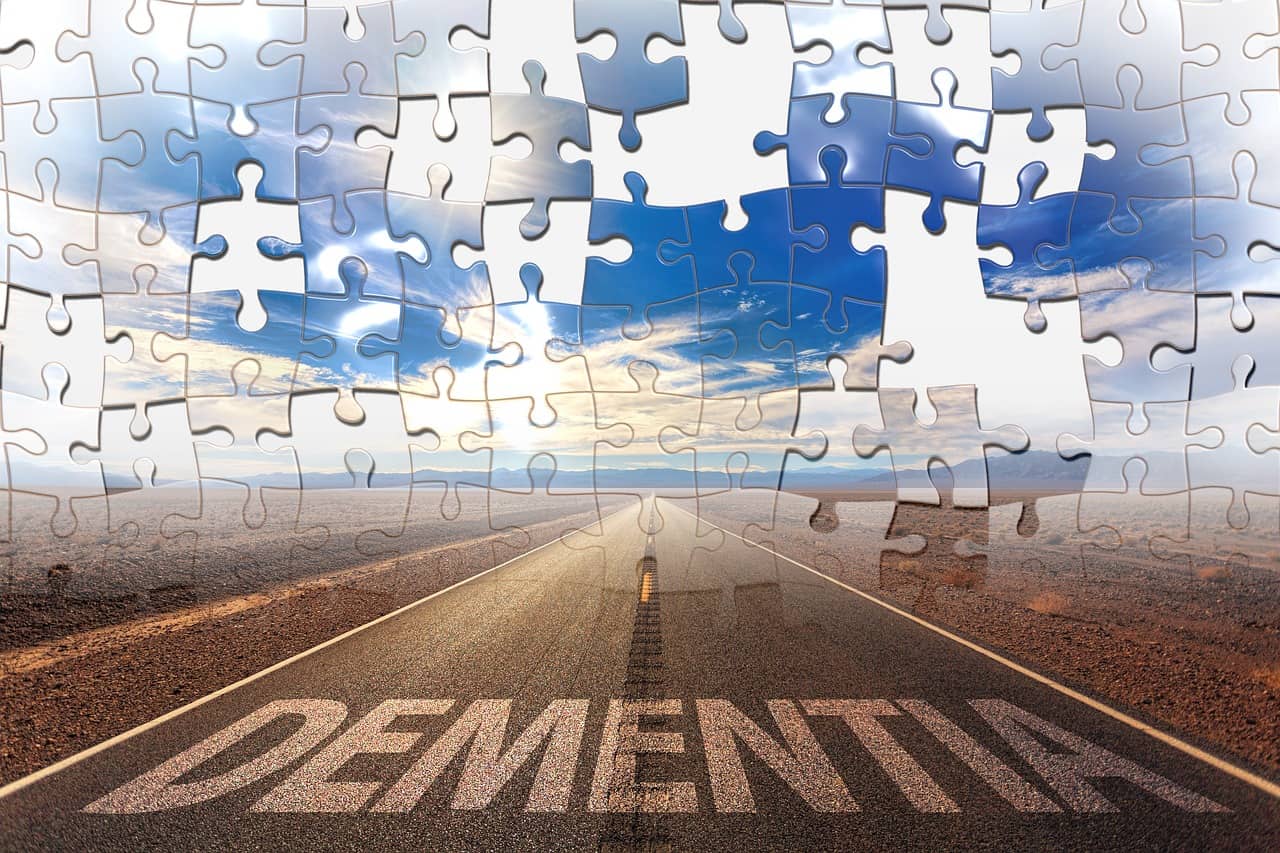Discover The Differences Between Dementia And Alzheimer’s Disease Along With Tips for Caring For A Loved One With Either Condition
Does your loved one have dementia? Do you have questions about how it differs from other conditions that include memory loss? Pegasus senior care professionals in Thousand Oaks and elsewhere have collected the facts here to provide answers for you.
Dementia has several names. Years ago it was called senility. Some professionals now call it a neurocognitive disorder.
Many today use the term cognitive impairment or call it Alzheimer’s. Regardless of the terminology, dementia is not a specific disease. It is a collection of diseases that impairs an individual’s memory and ability to think.
Cognitive impairment has various symptoms. Sometimes symptoms that appear to be dementia are other conditions. Dementia symptoms include difficulty with:
- Communication
- Completing tasks
- Coordination
- Knowing where they are
- Planning or organizing
- Reasoning
You probably first noticed memory loss and confusion in your loved one.
You may also have noticed personality and psychological changes such as:
- Agitation
- Anxiety
- Depression
- Hallucinations
- Inappropriate behavior
- Paranoia
Not every individual has every symptom. Symptoms can also vary in severity from person to person. Typically, your loved one’s symptoms will worsen over time.
Damaged Brain Cells Cause Dementia
Cognitive impairment is the result of damaged brain cells. The damaged cells are not able to communicate with each other. The functions associated with those cells are impaired.
The dementia symptoms depend on which cells are damaged. The abilities to remember, think, or talk are in different areas of the brain. A cognitively impaired individual may retain one ability intact while completely losing a different function.
Age and genetics are two of the causes of dementia and Alzheimer’s. Those are obviously beyond your ability to change. You can, however, change risk factors such as:
- Heart health – damaged blood vessels deprive your brain of needed nutrients. Without nutrition, cells die, impairing brain function. Heart health can be maintained or improved by the following:
- Controlling your blood pressure
- Keeping blood sugar low
- Lowering your “bad” cholesterol
- Maintaining a healthy weight
- Quitting smoking
- Physical health – adding exercise to heart-healthy practices increases the delivery of nutrients to your brain cells
- Diet – eating a healthy diet is an integral part of heart and physical health. Experts recommend modifying your diet to minimize red meat while including:
- Fish
- Fruits and vegetables
- Grains
- Nuts
- Olive or other healthy oils
Some experts recommend consuming a multivitamin if needed. Implementing healthy practices such as these may lessen or slow the progression of your loved one’s condition. Pegasus services include assistance from a dietitian if needed for meal planning and recipes.
Alzheimer’s Disease Is The Most Common Dementia
It’s common for people to refer to dementia and Alzheimer’s Disease as if they are the same condition. They are not. Alzheimer’s is one specific kind of dementia.
Alzheimer’s is the most common kind of dementia. More than half of the individuals with dementia have Alzheimer’s. Following is a comparison between it and the second most common dementia:
- Alzheimer’s – typically starts with gradual memory loss due to “plaques” accumulating in their brain. Individuals slowly lose cognitive and physical abilities over a period of two to four years. Behavioral problems increase. Life expectancy is eight to ten years.
- Vascular dementia – it may begin with a stroke and loss of physical ability. Individuals then lose cognitive functions. They tend to stabilize at a plateau, then suddenly lose more function, then stabilize at a new, lower plateau. Life expectancy varies with the severity of the initial stroke and further strokes.
Other types include Lewy body dementia, frontotemporal dementia, and Creutzfeldt-Jakob disease. Some individuals may have more than one kind of dementia at a time.
Dementia Does Not Have A Cure
Diagnosis of Alzheimer’s and other dementias can be difficult, as there is not a specific test available. Physicians typically start with your loved one’s medical history. They will also ask for your observations.
Tests such as CT scans, MRIs, and PET scans will reveal strokes, brain hemorrhages, or clumps of protein. Any of these can narrow the possibilities. Blood tests and evaluations of cognition also help with diagnosis.
Dementia, including Alzheimer’s, cannot be cured. Certain medications provide temporary relief. An occupational therapist provides training that can help manage behavior and prevent accidents.
Help For Caregivers
You must make time for yourself if you are a caregiver for a loved one with Alzheimer’s or other dementia. You’re on a rollercoaster of emotions that can include:
- Anger
- Frustration
- Grief
- Worry
You may also feel guilty when you are overwhelmed or think you are inadequate. You can find tips for coping here. When you need a break, Pegasus professionals provide respite care so you can take time off when necessary.
You will also find information here for hands-on care. You will find tips on approaching your loved one and gaining their cooperation. There are also suggestions on how to deal with the various problems dementia brings, such as wandering.
The site includes videos for most of the tips and sponsors forums where you can find support. Another resource you can rely on is Pegasus senior care in Thousand Oaks and our other locations. Our team is dedicated to helping individuals remain safe and independent in their home.

